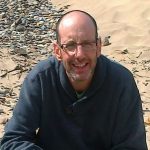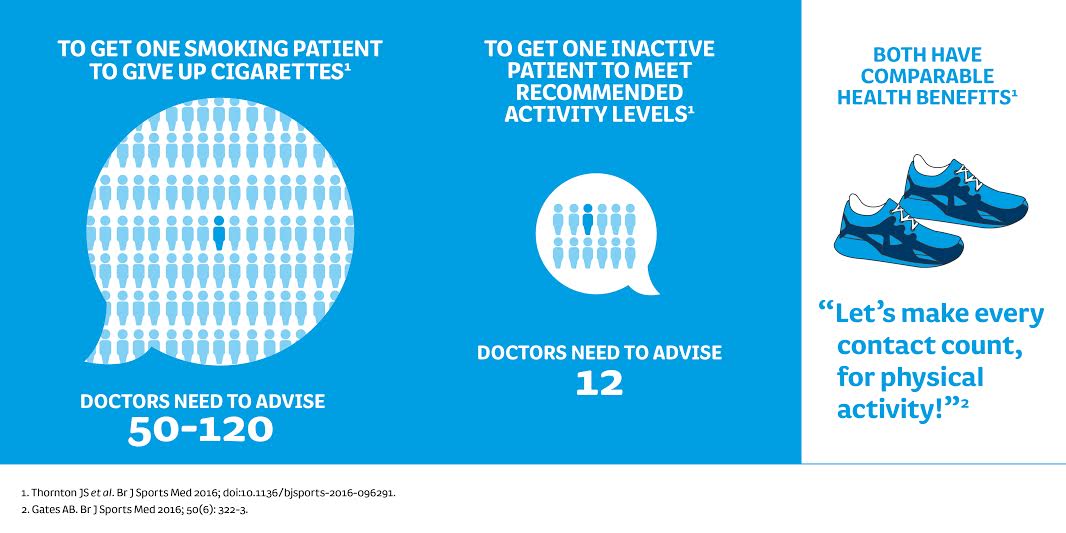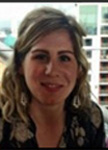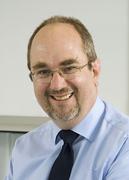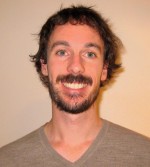Congratulations to everyone in the Faculty who has published their research this quarter.
B Abdulmohsen, I Gharib, S McHanwell (2017). Exploring active learning approaches to increasing student engagement through assessment and feedback”, HEA Transforming Assessment in Higher Education Case Study Series 2017- Enhancing student engagement through assessment. Case Study 12, Page 75-79. https://www.heacademy.ac.uk/knowledge-hub/transforming-assessment-higher-education.
Alberti H, Atkinson J (2017), Twelve tips for the recruitment and retention of general practitioners as teachers of medical students. Medical Teacher. URL https://doi.org/10.1080/0142159X.2017.1370082
Alberti H, Delgaty L (2017), From the UK ‘with love’:Transferring a medical curriculum to Malaysia. SEAJME (Southeast Asia Journal of Medical Education).
Bailie J, Delgaty L (2017), A systematic review of qualitative research addressing learner and educator perceptions of valuable e-learning in medical education.. AMEE.
Baqir W, Rathbone AP, Stocker A, Campbell D (2017), Foundation pharmacists in GP Practice: exploring experiences of future workforce development. Clinical Pharmacy Congress 2017.
Burford B, Medford W, Carter M, Tiffin P, Vance G, Corbett S, Shapiro E, Guilding C, Illing J (2017), The Health Education Quality Framework and National Education and Training Survey: Evidence, Evaluation and Pilot. .
Burford B, Rosenthal-Stott HES (2017), First and second year medical students identify and self-stereotype more as doctors than as students: a questionnaire study. BMC Medical Education. URL https://doi.org/10.1186/s12909-017-1049-2
Carter M, Rothwell C, Medford W, Kehoe A, Illing J (2017), Newcastle University MBBS curriculum renewal: Report on stakeholder views. .
Delgaty L (2017), Redefining practice: challenging academic and institutional traditions with distance learning. (EJEL) Electronic Journal of E-learning.
Field J, Stone S, Orsini C, Hussain A, Vital S, Crothers A, Walsmely D (2017), Curriculum content and assessment of pre-clinical dental skills: A survey of undergraduate dental education in Europe. European Journal of Dental Education.
Hardisty J, O’Neil H, O’Connell J, Hancock R, Lucas R, Parkin L (2017) Simulating complexity: providing undergraduate students with exposure in early clinical training to the multidisciplinary management of frail older people. The Association for Simulated Practice in Healthcare http://stel.bmj.com/.
Holmes RD (2017), No evidence to support or refute the benefits of school dental screening. Evidence-Based Dentistry. URL https://doi.org/10.1038/sj.ebd.6401264
Holmes RD, Kowolik JE, Schrader SM, Waterhouse PJ (2017), The Newcastle-Indiana Experience: A Transatlantic Educational Initiative for Dental Students. IADR/AADR/CADR General Session. URL http://www.iadr.com
Keenan ID, Slater JD, Matthan JM (2017), Social media: Where are we now? Current educator usage and perceptions in higher education.
Moxham B, McHanwell S and Berkovitz B (2017). The development of a core syllabus or oral anatomy, histology and embryology to dental students via an international Delphi panel. Clinical Anatomy https://doi.org/10.1002/ca.23002 .
Nazar H, Akhter N, Husband A (2017), Evaluation of a blended learning approach to teach pharmacy law. Pharmacy Education Symposium.
Nazar M, Husband A, Nazar H (2017), Medical education in the press: Read all about it!. Pharmacy Education Symposium.
Beat M. Riederer, Jean-Pierre Spinosa, Veronica Macchi, Andrea Porzionato, Raffaele De Caro, Stephen McHanwell and Bernard Moxham. (2018). Clinically-Orientated Anatomy: Five exemplars to portray the concept. European Journal of Anatomy (in press)
Rothwell C, Carter M, Medford W, Kehoe A, Illing J (2017), Newcastle University MBBS Curriculum Renewal 2017 Report for Newcastle Medical School.
Scally K, Wilson K, Linsley M, Girdler NM (2017), Formative assessment as a tool to enhance knowledge, skills and student experience in undergraduate sedation teaching. Journal of Disability and Oral Health.
St Clair-Thompson H, Graham A, Marsham S (2017), Exploring the Reading Practices of Undergraduate Students. Education Inquiry. URL https://doi.org/10.1080/20004508.2017.1380487
Teodorczuk A, Thomson R, Chan K, Rogers GD (2017), When I say … resilience. Medical Education. URL https://doi.org/10.1111/medu.13368
Young TJ, Tullo ES, Schartner A (2017), How transculturally appropriate is person-centred communication in the care people living with dementia? Perspectives of medical students in the UK and Malaysia.. The 67th Annual Conference of the International Communication Association (ICA 2017). URL https://www.icahdq.org/page/Conference

